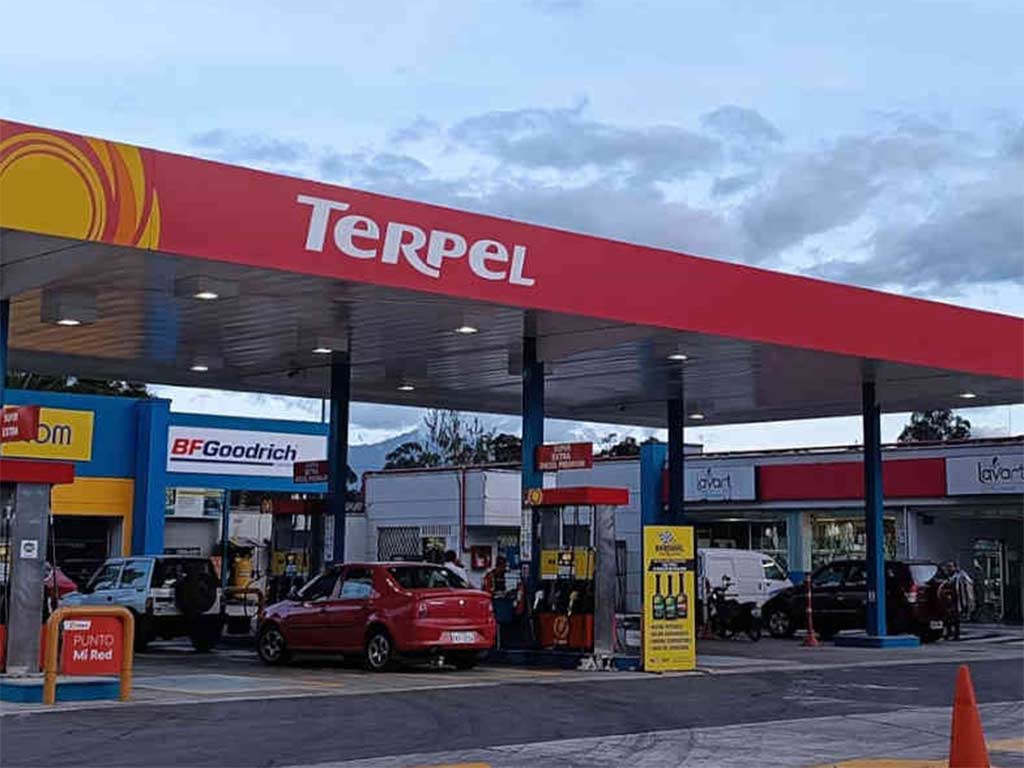The rise in the price of gasoline was expected to take place in July, as indicated by Vice Minister of Government Esteban Torres, however, President Daniel Noboa decided to move the measure forward, an action widely questioned by social sectors.
The Executive detailed this Thursday that some 24 thousand transporters, most of whom are taxi drivers, received compensation for the elimination of fuel subsidies. The Communication Secretariat of the Presidency explained in a statement that the joint amount of compensation was almost one million dollars to maintain transportation rates.
According to the decree, signed on Monday by the president, there will be a direct payment in bank accounts to 84 thousand owners of vehicles used for the transportation of passengers from the elimination of subsidies for low-octane gasoline.
Gasoline sales skyrocketed on Thursday throughout the country before the entry into force of the government measure.
Meanwhile, various social sectors expressed their disagreement with the provision. The leader of the National Federation of Peasant, Indigenous and Black Organizations (Fenocin), Gary Espinosa, considered this measure “unpresentable”, as he claims it seeks to comply with the intentions of the International Monetary Fund (IMF).
The Unitary Workers’ Front (FUT) of Ecuador announced that it will take to the streets on July 4th. The FUT agrees that the measure responds to the agreement agreed with the IMF and will affect all citizens, as it will cause a domino effect that will raise the cost of living much higher in this South American nation.
In October 2019 and in June 2022, Ecuadorian social organizations, indigenous people, workers, students, and various sectors took to the streets to express their rejection of the neoliberal agenda of the then presidents Lenín Moreno and Guillermo Lasso, respectively, who also intended to eliminate fuel subsidies.
jrr/llp/rgh/nta









